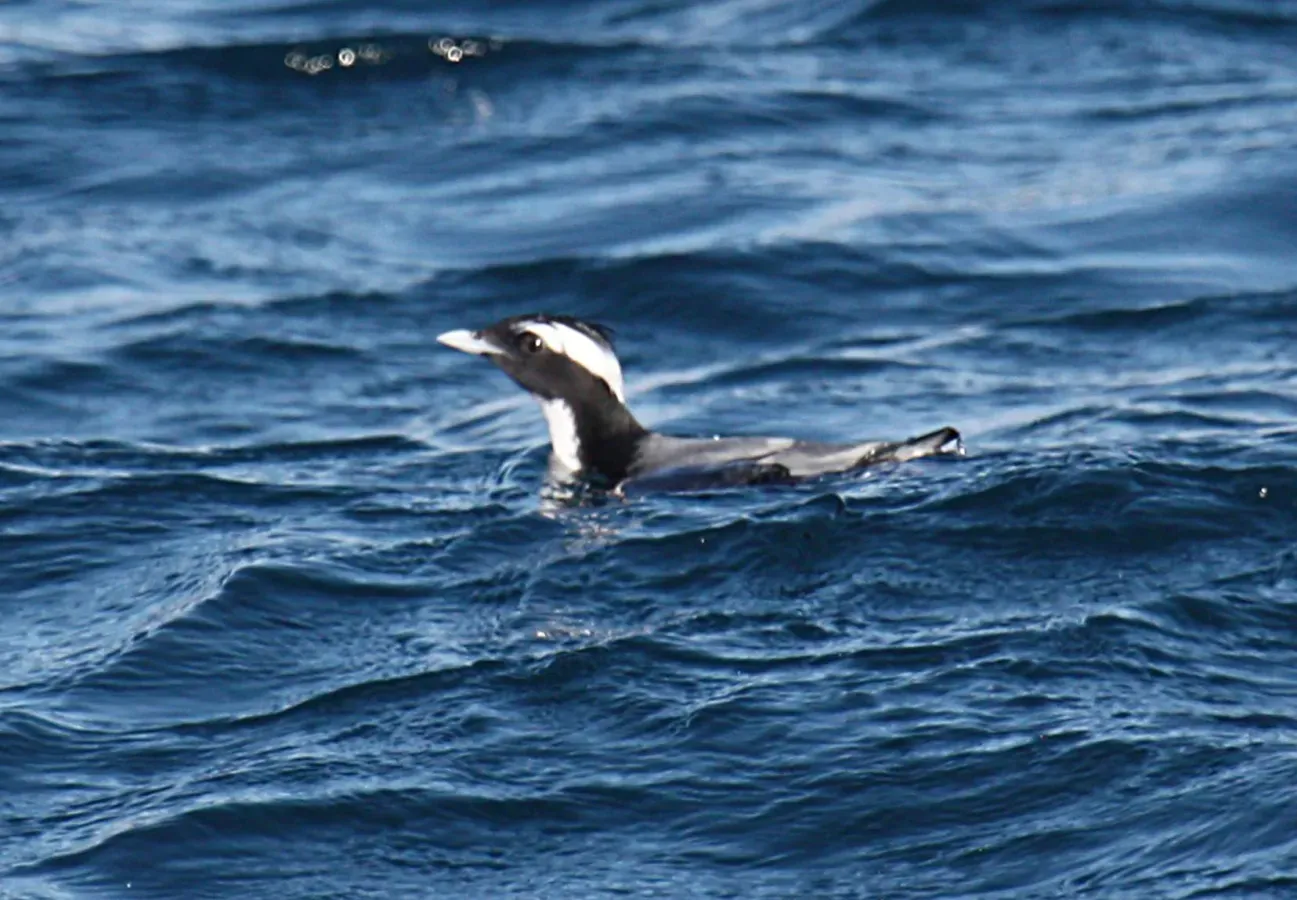
Japanese Murrelet
Japanese Murrelet
Where to spot
How to spot
When to spot
Spotted
No recently spotted birds

No recently spotted birds
Use the overview or use the following methods directly: